Donald Trump’s indictment is the witch hunt of the century
New York City is in the midst of a violent crime wave, yet one man comes under frenzied scrutiny.
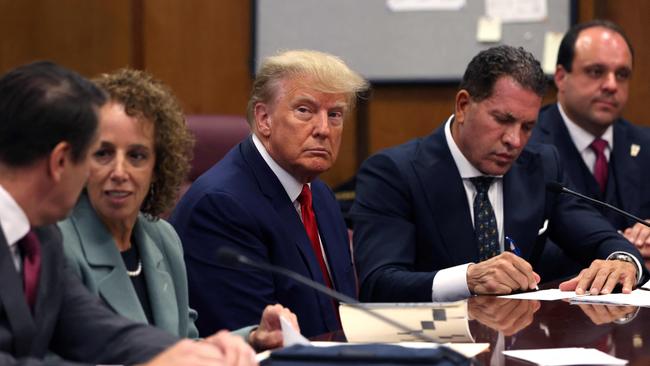
Lady Justice is depicted with a blindfold in the US legal system because the law isn’t supposed to be selectively enforced according to the popularity, politics, or history of the accused.
Manhattan District Attorney Alvin Bragg, who ran for election on a platform that included “getting Donald Trump”, has managed to convince a grand jury drawn from one of the most Democrat cities in the US to indict the former president over cheques he wrote in 2017.
His own predecessor and the federal Department of Justice declined to pursue the case. Nor is Bragg an equal opportunity crime fighter, having promised at the same time to cut the number of charges he would bring in the interests of social justice.
“True and accurate business records are important everywhere, to be sure. They are all the more important in Manhattan, the financial centre of the world,” Bragg said farcically at his press conference.
New York City is in the midst of a violent crime and theft wave. Public prosecutors have limited financial and human resources to dedicate to crimes, and no rational person would say 34 cheques written to indirectly pay off women who claim they had affairs would meet the threshold for expending those resources.
The suggestion these 34 victimless so-called crimes, which occurred more than five years ago, would be prosecuted against anyone else, is surely absurd.
It’s not even clear Bragg will have the ability ultimately to make his case. In order to upgrade the 34 charges of falsifying business records from a misdemeanour to a felony, he will need to argue Trump had the intent to break another law, most probably federal campaign finance laws.
Under that interpretation, the payments worth hundreds of thousands of dollars were in excess of finance limits for individual campaign donations.
In any case, renowned legal scholars such as Rick Hasen, an expert in election law at the University of California, were shocked the 16-page indictment, released on Tuesday (Wednesday AEDT) after Trump’s arraignment did not even reveal which additional laws those were.
Going after any individual with what is an untested legal theory is an abuse of judicial power, and socially highly divisive given the target is a former president and a presidential candidate whose political party overwhelmingly backs his case.
Retired Harvard law professor Alan Dershowitz – incredibly sharp still at 84 – lays out in detail in his new book, Get Trump, published last month, how Trump has been repeatedly targeted by prosecutors in ways his political opponents haven’t.
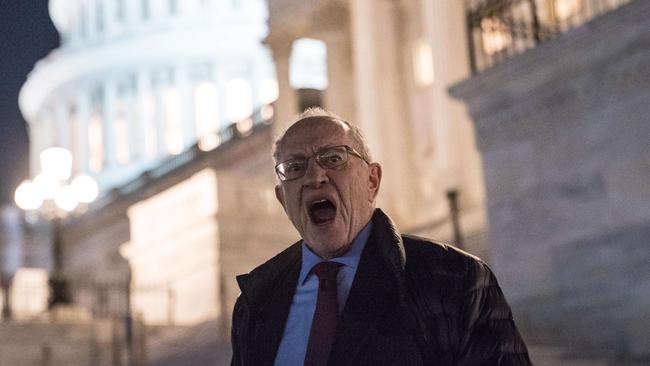
Much of the book focuses on the Justice Department’s overreach in raiding the former president’s home in November to retrieve the classified documents, when a simple subpoena would have sufficed.
That itself is damning: until only a few weeks ago, the idea Trump would be indicted for mishandling classified documents in New York wasn’t even a topic of public discussion. Charges can come suddenly, arbitrarily, without warning.
“The evidence of Trump’s criminality (in taking classified documents) would have to be well beyond the level of Hillary Clinton’s mishandling of classified and other security material,” Dershowitz writes, pointing out the former secretary of state was never prosecuted for her alleged misdeeds.
Nor were President Joe Biden’s homes, where classified documents were also found, subject to a raid.
Critics of Trump scream “whataboutism” whenever such comparisons are made, but fail to realise it is the basis of our common law legal system. What’s good for one side of politics should be good for the other. If Clinton wasn’t prosecuted – and she should not have been, in my view – then Trump shouldn’t be prosecuted either.
“These efforts post the most serious threat to civil liberties since McCarthyism,” Dershowitz writes, referring to the Republican Senate of the 1950s that sought to destroy anyone suspected of being communist.
A principled and brilliant lawyer, Dershowitz says he’s voted Democrat in every presidential election, but believes every American deserves the benefits of the US Constitution, even if the person is loathed by the establishment.
He also explains how the Espionage Act, which left-wing politicians and civil liberties campaigners once decried as a shocking expansion of state power, has been used to target Trump.
Far from being “above the law”, Trump may well be below it, facing vastly greater scrutiny over his behaviour than an ordinary citizen, whose life is of little interest to the elites. The “no one is above the law” rallying cry to justify Trump’s arrest is puerile nonsense.
Most of us have broken laws numerous times, probably without knowing it, from jaywalking and traffic offences to tax regulations or the growing raft of so-called crimes related to “hate speech”, and even the vast array of pandemic restrictions that were foisted on society with little discussion, resting on obscure provisions in Acts no one had ever paid much attention to.
In 2009 lawyer Henry Silverglate wrote a powerful book, Three Felonies a Day, which laid out how a significant proportion of the population were committing crimes – mainly white-collar – without knowing it given the vast expansion of legislation and the broad possibilities for judicial interpretation.
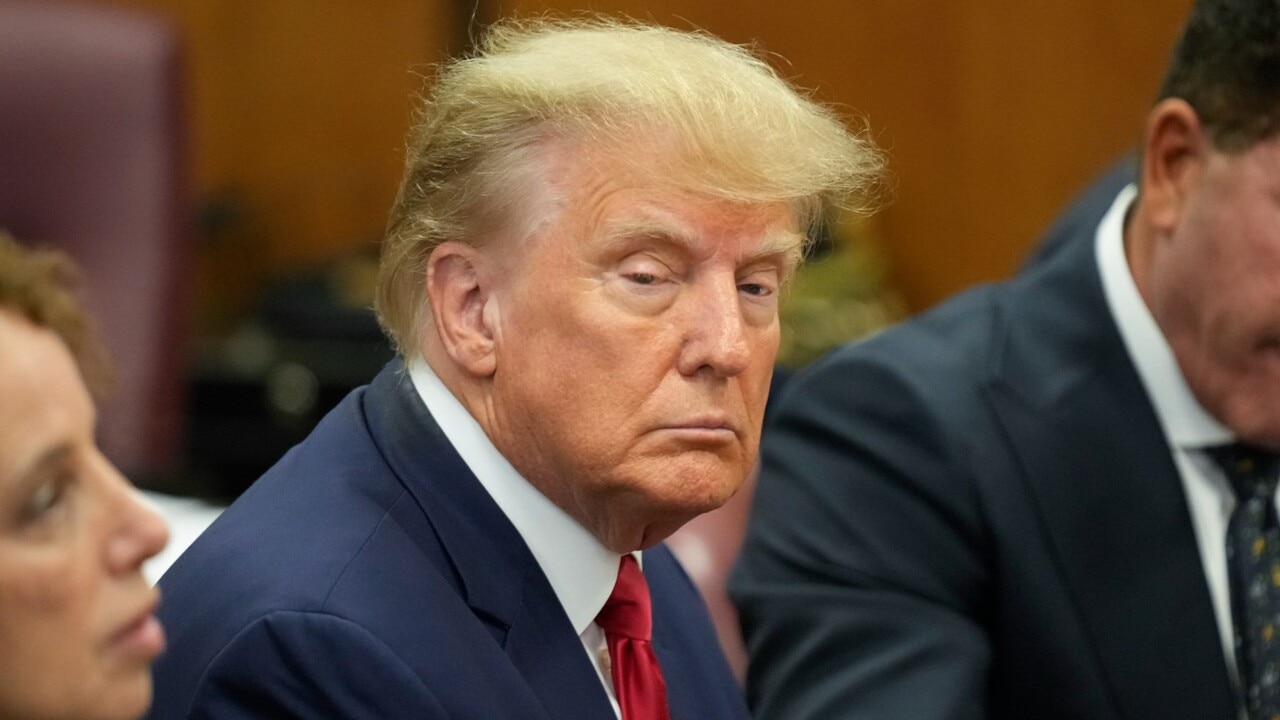
Lavrentiy Beria, Stalin’s chief of police, famously said “show me the man, and I’ll show you the crime”, which reflected that Soviet laws were written broadly to ensure the government could interpret them widely.
The problem is, there are too many laws and this gives governments too much power.
This is no longer only a characteristic of the former Soviet Union, or indeed, more relevantly, China.
The sheer number of laws in the US and Australia has exploded to the point where no single human can know let alone properly understand even a small fraction of them.
The growth of digital technology has made potential illegality even more rampant, given the combination of our near constant online activity and the growing battery of so-called national security laws that permit governments to spy on their own citizens, track their finances and opinions. Parliaments, looked at cynically, have become rent-seeking devices for the legal profession, relentlessly spewing out new and unnecessary laws that create lucrative work for lawyers at no cost to the parliamentarians themselves, and which have unknowable consequences far into the future.
“When the spirit of the law has died, no institutions can save it,” Dershowitz writes, expressing concern that ultimately it’s our culture and attitudes toward due process that matter more than any new bureaucratic bodies or – heaven forbid – more legislation.
Bragg has opened up a Pandora’s box by seeking to convict Donald Trump. This is especially the case if the Democrats are playing three-dimensional chess, trying to engineer Trump’s popularity among Republicans to ensure he wins the GOP nomination.
They can’t predict the state of the US economy in November 2024, when a possible recession could derail any incumbent’s chances. They can’t control how the case itself will progress given the inevitable role of a jury.
Even in the Democrat stronghold of Manhattan, where about 85 per cent of voters chose Joe Biden in 2020, turnout was about 70 per cent. Basic maths suggests a randomly drawn jury of 12 adults could easily have a significant minority who will oppose a political prosecution. And it would only take one to derail the case.
A vindicated Trump could well prompt what is still an unlikely political resurrection.



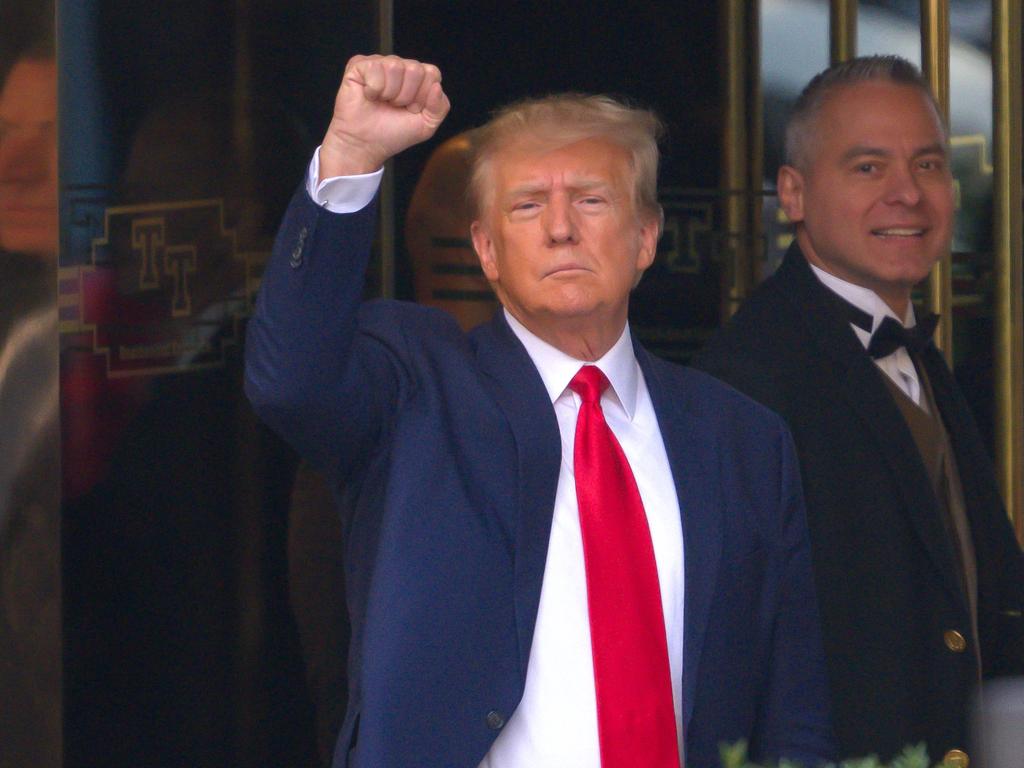
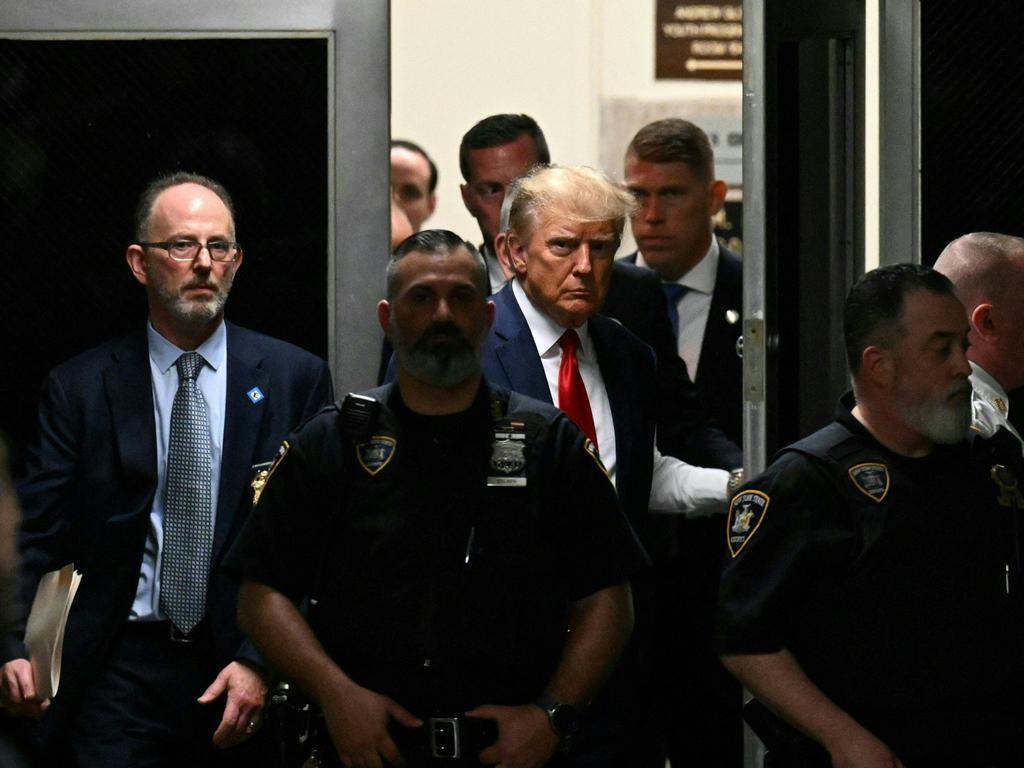
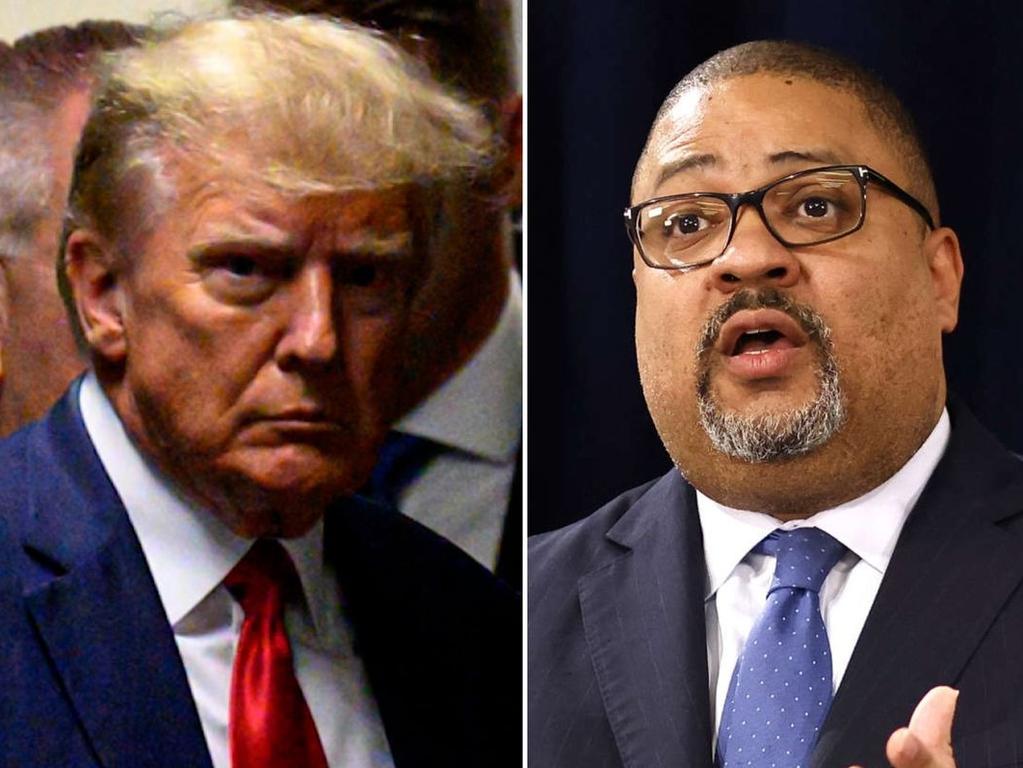


It should be obvious by now to thoughtful individuals of whatever political persuasion that the felonies levelled at Donald Trump are politically motivated and offensive.